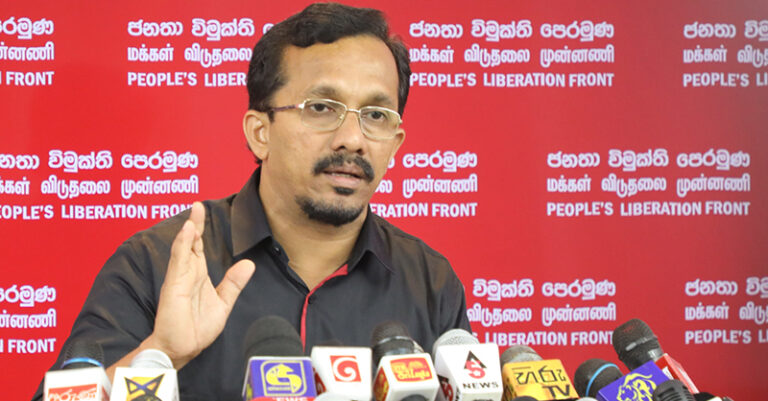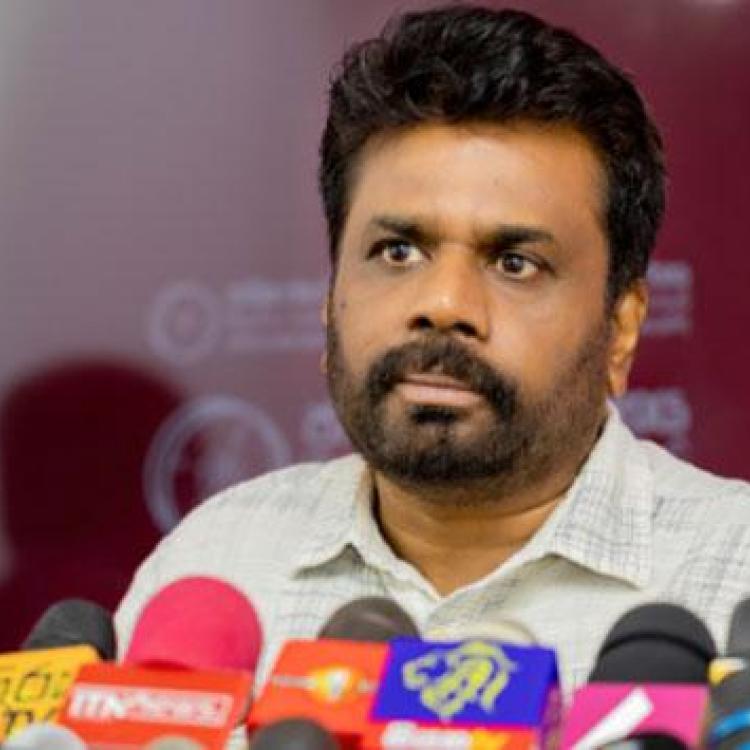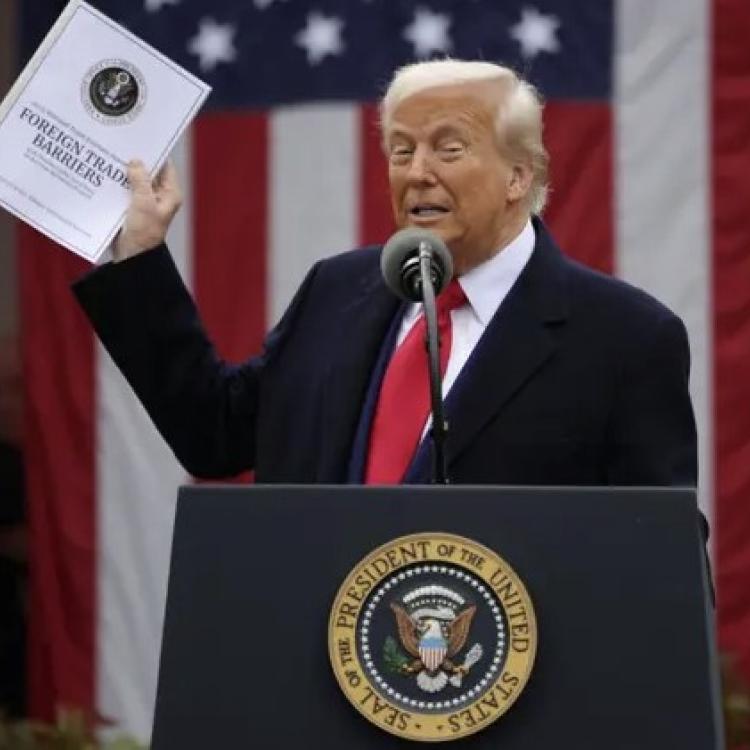
Sri Lanka’s Minister of Industry and Entrepreneurship Development, Sunil Handunnetti, has called the recent imposition of a 44% reciprocal tariff on Sri Lankan goods by the United States a “big shock”, warning that the move could derail Colombo’s export recovery plans and further strain an already fragile economy.
“This is actually a big shock, this is not something that we anticipated,” Handunnetti told reporters, responding to the sweeping tariffs announced by US President Donald Trump.
“The US has no political reason to do this to us,” he continued. “We were just starting to stabilize. It will be difficult to bear at this time for Sri Lanka.”
The United States is Sri Lanka’s largest single export destination, particularly for garments and rubber products. The newly announced tariffs have caused alarm among exporters and financial markets. Shares in several Sri Lankan apparel and manufacturing companies have plunged amid fears of decreased competitiveness in the crucial US market. Stocks such as Hayleys Fabric and Teejay Lanka posted double-digit losses in the wake of Trump’s announcement.
Handunnetti criticised the methodology used by Washington in calculating the new tariff rate, calling it “unfair.” The 44% figure was reportedly derived from halving the trade deficit between the US and Sri Lanka — a formula the minister argued disproportionately penalises smaller economies.
The Minister also questioned the long-term viability of the broader US trade strategy. “President Trump’s plan may not be feasible in the long run, considering the consumption patterns of the country,” he said, referencing the concern that aggressive trade nationalism could backfire on American consumers.
Handunnetti confirmed that the government was in the process of reviewing the full economic impact of the tariffs and would be exploring diplomatic responses. His remarks follow the Sri Lankan President’s decision to appoint a high-level committee to examine the fallout of the tariffs and submit urgent recommendations.
The Joint Apparel Association Forum, a leading industry body, has also raised red flags. “Sri Lanka could very quickly see its share of U.S. business move to countries with lower tariffs,” warned Yohan Lawrence, the Forum’s Secretary General, calling the situation “serious” and urging immediate action.
In the face of this growing economic pressure, Sri Lankan officials have also floated proposals for new free trade agreements, particularly with Asian and Middle Eastern partners, including Malaysia, Indonesia, Japan, and India. However, such negotiations may take months, if not years, to yield tangible results.
The new US tariff regime is expected to take effect from April 9.



